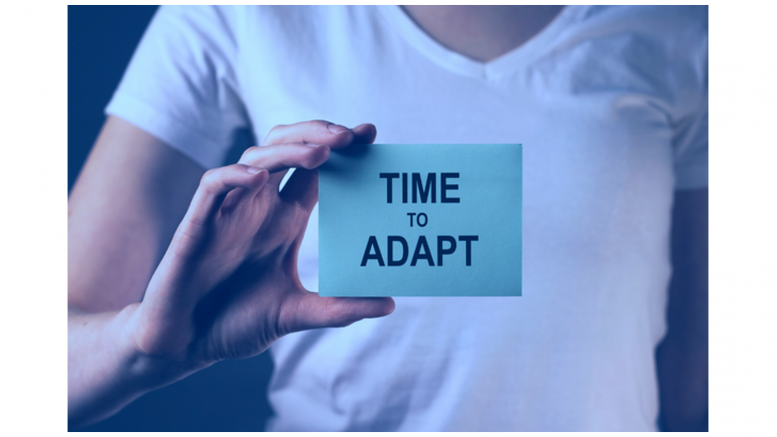When Facebook validated ‘it’s complicated’ as a relationship status back in the mid 2000s, it was an amusing novelty for many. Others nodded in approval, as they felt the relief of no longer having to box themselves in the binary of single/not single. Today, 20 years later, this breakdown of rigidity can be seen in many other aspects – from work-place culture, gender identity, beauty standards to age-related notions.
The lack of fixed templates can be unsettling. Barring Gen Z, every generation was attuned to being forced into boxes. Success lay in how well we could cope with being boxed. But, today the opposite has become the means of success. While previous generations tend to be knocked down by the crashing waves of change, the generation that grew up learning to surf them is now at an advantage.
Gen Z doesn’t have the luxury of wasting time lamenting about how everything is changing. They are figuring out ways to succeed in a world where little is fixed. Gen Z is not just coping with change, they are learning to flip this impermanence of everything to make things better for themselves. This is catalysing a more open, accepting society which is accustomed to facing their own vulnerabilities and likewise aware of their own strengths. This shift coincides with open conversations about toxicity in relationships and work-places; a growing attention to mental well being alongside physical well being; lifting the pressure from all genders and age-groups to adhere to stereotypes. Slowly but surely, reshaping the world.
At the workplace, we are quick to label the younger workforce as being entitled but if you think about it, they have absolutely no reason to sacrifice on mental wellness, work-life balance and dignity to be able to earn a living. They are powered by the facility to carve out a career path for themselves in more favorable environments. A facility that is available to anyone with an education and internet connection, not just the privileged. It is more a transfer of entitlement from employers that thrived in the scarcity mindset or employees into the hands of employees with the self-assurance of an abundance mindset.
On beauty standards, what was templatised by beauty pageants and beauty brand advertising is being demolished everyday. For the first time, in a career spanning 20 years, 2 years ago, I came across young respondents from tier 2 and 3 cities in India, who answered, “me” to the question, “who is the most beautiful woman in the world, according to you?” Much to the bafflement of the research moderator. Her following questions of “what (physical) features make her this beautiful according to you?” had lost relevance. But, is this reality being conveyed back to the brand custodians? Perhaps. Are they doing anything to face this change? Mostly, too little too late. This explains the silent rise of the indie beauty brands. Because they acknowledge the new fluid idea of beauty. Agnostic of age, weight and most of all, skin colour.
On gender identity, a year ago, at a health clinic, I was asked by a lady filling out the form with preliminary health information about me, “you identify as…?” It took me a moment before I blurted out unsurely, “her?. She?”. I’ll admit this was at a state-of-the art clinic in Bangalore, one of the top metros in India, but still this clinic that advertises itself as ‘LGBTQA affirmative’ is representative of the trajectory in which culture is moving.
We are entering a ‘to each their own template’ world with each individual having the freedom to explore, experiment and constantly reinvent themselves – in all walks of life. In this increasingly fluid world, people seem to be gravitating towards brands that connect and engage with them, while leaning away from the set formats of beauty, health, career, age or gender. Brands that connect with the audience better today are the ones that help escape the old template.
The views and opinions published here belong to the author and do not necessarily reflect the views and opinions of the publisher.



Be the first to comment on "Adapting to fluidity"